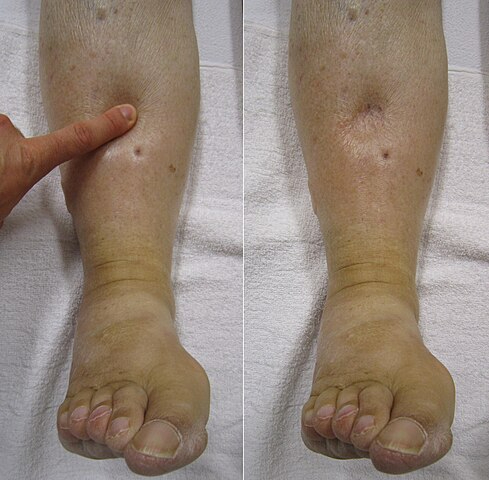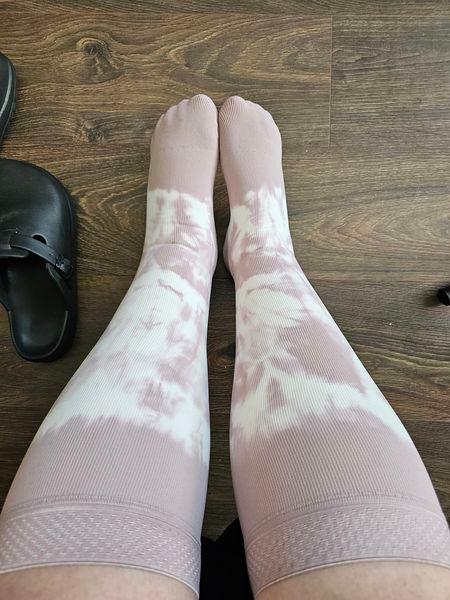About Peripheral Oedema
Overview
What is it?
Peripheral oedema is swelling of your lower legs or hands. The cause may be simple, or it may involve a more serious underlying disease.
Oedema occurs when something disrupts the usual balance of fluids in your cells. As a result, an abnormal amount of fluid builds up in your tissues. Gravity pulls the fluid down into your legs and feet. Conditions such as lymphoedema and lipoedema can cause this.
Peripheral oedema is common in older adults and pregnant women, but it can occur at any age. It may affect one or both legs. If its onset is sudden and painful, you should see a doctor as soon as possible.
Symptoms
Symptoms of peripheral oedema vary according to the underlying cause. In general, your legs or other affected area may:
- look swollen and puffy
- feel heavy, achy, or stiff
- be bruised or discoloured from an injury
Other symptoms may include:
- skin in the swollen area that feels tight or warm
- pitting (when pressing on your skin for a few seconds, your finger leaves a dent in the skin)
- swollen legs or feet that make it hard for you to walk
- difficulty putting on stockings or shoes
- weight that goes up from the fluid increase
Causes
- Injury
- Sitting or standing too long
- Pregnancy
- Hormonal changes
- Excessive salt intake
- Lymphoedema
- Lipoedema
- Allergic reaction
These are just a handful of the many potential causes of peripheral oedema.

Pitting odema during and after the application of pressure to the skin.
Image source: James Heilman, MD. No changes made.
Image licensed under the Creative Commons Attribution-Share Alike 3.0 Unported license.
Treatment
There are multiple recommendations for treating peripheral oedema. Some of which are:
- Elevating your legs (or arms) above the level of your heart a few times a day.
- Sleep with a pillow under your legs at night.
- Exercise. Your doctor or a physical therapist can suggest specific exercises to keep the muscles involved moving.
- If you have to sit or stand a lot, take breaks to move around.
- Wear compression hosiery on the affected limbs (if your doctor recommends this). You can view our range of compression hosiery here.
It should also be noted that the NHS recommend that you speak to your GP about making, lifestyle changes, such as losing weight or going on a low-salt diet.
 Image provided by patient. Used with their consent. Not to be reproduced.
Image provided by patient. Used with their consent. Not to be reproduced.